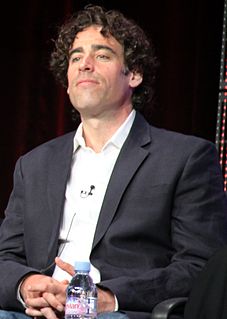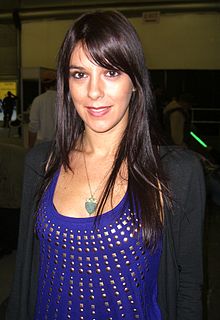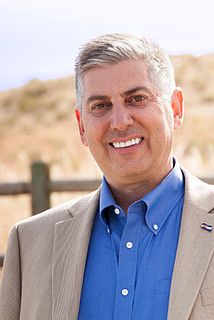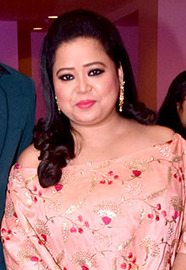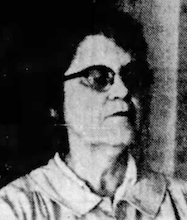A Quote by Gavin Esler
I have my mother's nose and my father's bone structure, which I've passed on to my children. My eldest daughter and my mother, when she was young, could be sisters.
Related Quotes
My family background really only consists of my mother. She was a widow. My father died quite young; he must have been thirty-one. Then there was my twin brother and my sister. We had two aunts as well, my father's sisters. But the immediate family consisted of my mother, my brother, my sister, and me.
Since my mother passed away, my father and I forged a bond that is so tighter than one could possibly imagine. Keep in mind, I am an only child, so I was always fiercely close with both my parents. The tragedy my father and I endured when my mother passed created a bond between us that no amount of force can break.
And in the same way, FDR's not much of a father. Although the children in all their memoirs really talk about what a fun-loving guy Dad was, and how brooding and unhappy Mom was. The children sort of blame it all on the mother. Well, this is kind of standard and typical, and aggrieved Eleanor Roosevelt that she was not a happier mother. She wanted to be a happier mother. And I must say, she was a happier grandmother.
My father passed away after three years of debilitating disease, which transformed a very strong and bright man into a real wreck. And that is hard. You have to get out of that stronger, if you can, which I was lucky to be able to. I was the eldest of the family, and I had to support my mother and help my brothers.
A lot of people say that Eleanor Roosevelt wasn't a good mother. And there are two pieces to that story. One is, when they were very young, she was not a good mother. She was an unhappy mother. She was an unhappy wife. She had never known what it was to be a good mother. She didn't have a good mother of her own. And so there's a kind of parenting that doesn't happen.
I lived in New York until I was eleven years old, when my mother left my two older sisters and my father. My mother is 90 percent blind and deaf. She left and moved all the way to California. So I left my two older sisters and my father behind at the age of eleven and moved cross-country to take care of her.
I've got two older sisters, which I think was the best thing, but also the worst thing. They dressed me up like a girl, but at the same time I think they taught me a lot of what they experienced and what they lived through, and passed that on to me as a young man and influenced how I approached not only women, but people. I got very lucky with the family I was born into. From my older sisters to my mother and father, they're just good, kind-hearted people.
The idea of feminine authority is so deeply embedded in the human subconscious that even after all these centuries of father-right the young child instinctively regards the mother as the supreme authority. He looks upon the father as equal with himself, equally subject to the woman's rule. Children have to be taught to love, honor, and respect the father, a task usually assumed by the mother.



